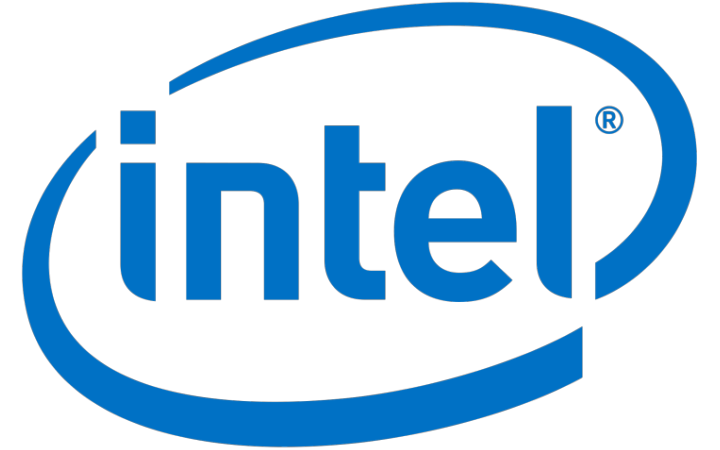Intel Attacks Qualcomm for Allegedly Stifling Competition
In an official statement today Intel called Qualcomm out for allegedly continuing to use patent lawsuits or the threat of patent lawsuits against its own customers or competitors after multiple antitrust agencies have found Qualcomm to be violating competition laws with these tactics.
The statement from Steven Rodgers, Intel EVP and general counsel, said that despite Qualcomm being fined by multiple governments around the world over its abuse of patents against other companies, the company continues the same aggressive legal strategy against its partners and competitors. This, Intel said, will only lead to higher prices for consumers and less innovation.
According to Intel, Qualcomm’s goal is not to vindicate its IP rights, but to drive competition out of the market completely. Intel pointed out that Qualcomm has been fined almost a billion dollars in China, $850 million in Korea, $1.2 billion in the European Union and $773 million in Taiwan over the company’s anti-competitive practices.
Intel also encouraged everyone to pay attention to FTC’s lawsuit against Qualcomm in the United States. The FTC will begin its opening arguments in court on January 4. Intel, who is a competitor of Qualcomm in the wireless modem space, said that it hopes the actions taken by global authorities against Qualcomm will preserve competition in the 5G market.
Pot Calling the Kettle Black
Intel is no stranger to antitrust fines and anti-competitive tactics. It wasn’t too long ago when many were saying the same things about the company in relation to AMD, its main competitor in the CPU space. The European Commission even fined Intel $1.4 billion over the company’s anti-competitive tactics against AMD a decade ago. That case is still not over yet, though, as Intel has continued to appeal it.
Intel is also no stranger to issuing patent threats against competitors either. As Microsoft has continued to improve Windows 10 support for Arm chips (more specifically Qualcomm’s chips), Intel has also started to ramp up its own patent threats against anyone that would dare to infringe on its x86 patents.
Intel’s attack against Qualcomm clearly stands to benefit Intel, since Qualcomm is Intel's main competitor in the mobile modem space. But that doesn’t necessarily mean it’s wrong about calling on authorities to preserve competition in this market. Hopefully, Intel will remember this call and not employ the same anti-competitive tactics against Qualcomm, or anyone else, in the CPU space.
Get Tom's Hardware's best news and in-depth reviews, straight to your inbox.
Lucian Armasu is a Contributing Writer for Tom's Hardware US. He covers software news and the issues surrounding privacy and security.
